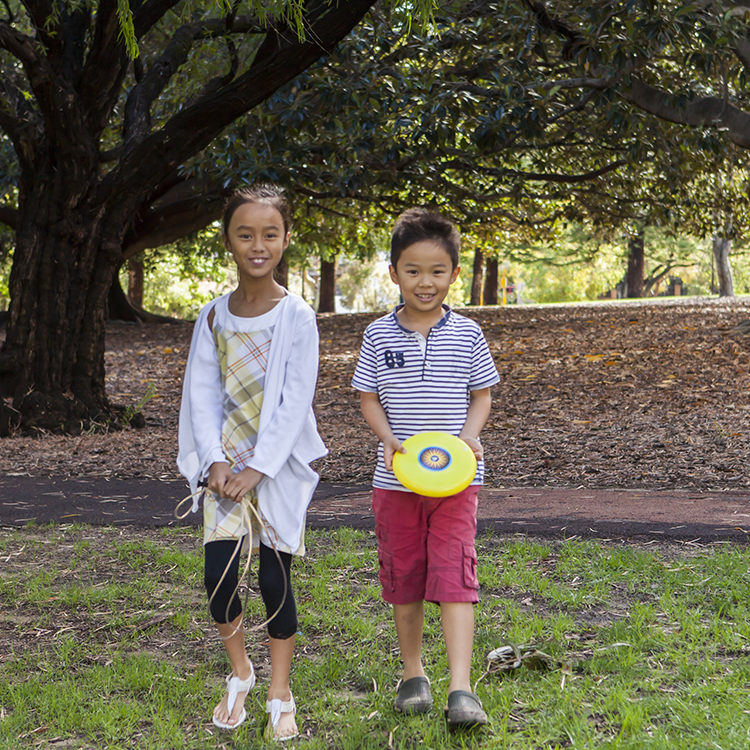Search

Honorary Team Member

Our Child Health Analytics Team uses cutting-edge technologies to better understand how and why the health and wellbeing of children varies from place to place. We develop innovative geospatial methods that can harness large, complex datasets to pinpoint hotspots of elevated risk, evaluate change through time, and explore underlying drivers.
Malaria imposes a significant global health burden and remains a major cause of child mortality in sub-Saharan Africa. In many countries, malaria transmission varies seasonally. The use of seasonally-deployed interventions is expanding, and the effectiveness of these control measures hinges on quantitative and geographically-specific characterisations of malaria seasonality.
We present WALLABY pilot data release 1, the first public release of H i pilot survey data from the Wide-field ASKAP L-band Legacy All-sky Blind Survey (WALLABY) on the Australian Square Kilometre Array Pathfinder.
Undernutrition is a major risk factor for tuberculosis (TB), which is estimated to be responsible for 1.9 million TB cases per year globally. The effectiveness of micronutrient supplementation on TB treatment outcomes and its prognostic markers (sputum conversion, serum zinc, retinol and haemoglobin levels) has been poorly understood.
We present the Widefield ASKAP L-band Legacy All-sky Blind surveY (WALLABY) Pilot Phase I Hi kinematic models. This first data release consists of Hi observations of three fields in the direction of the Hydra and Norma clusters, and the NGC 4636 galaxy group.
An effective disease surveillance system is critical for early detection and response to disease epidemics. This study aimed to assess the capacity to manage and utilize disease surveillance data and implement an intervention to improve data analysis and use at the district level in Tanzania.
The economic and social development of nations relies on their population having physical access to services and employment opportunities. For the vast majority of the 3.4 billion people living in rural areas, this largely depends on their access to urban centers of different sizes.
Childhood obesity and physical inactivity are two of the most significant modifiable risk factors for the prevention of non-communicable diseases. Yet, a third of children in Wales and Australia are overweight or obese, and only 20% of UK and Australian children are sufficiently active.
Despite substantial declines since 2000, lower respiratory infections (LRIs), diarrhoeal diseases, and malaria remain among the leading causes of nonfatal and fatal disease burden for children under 5 years of age (under 5), primarily in sub-Saharan Africa.
